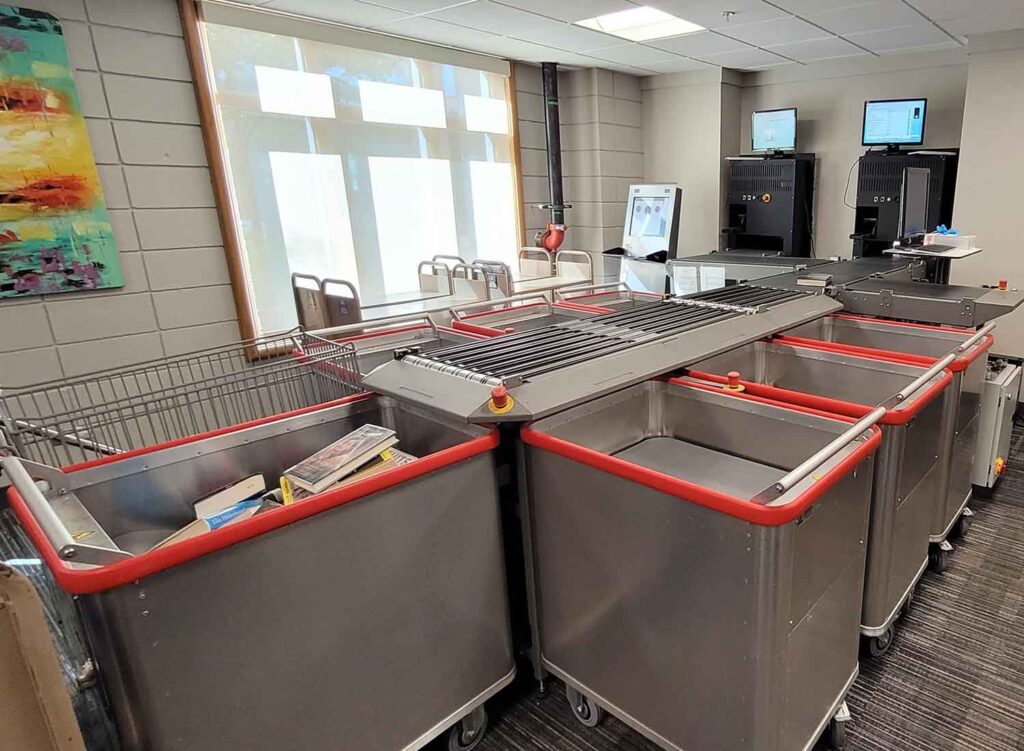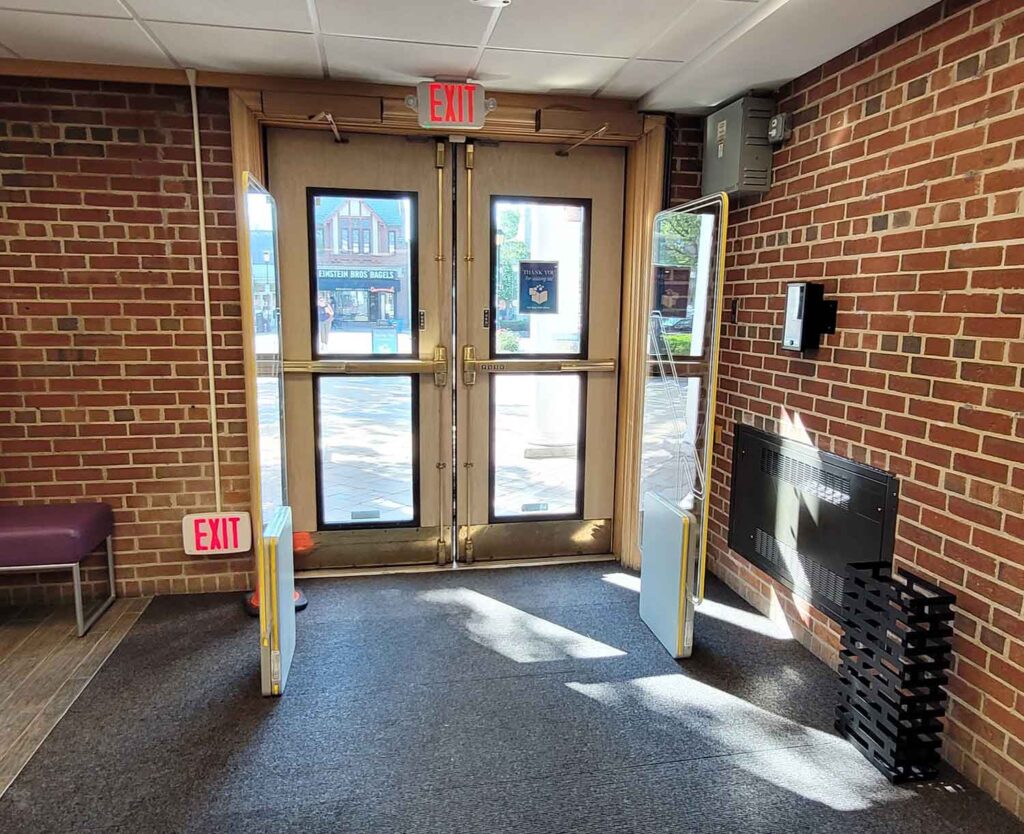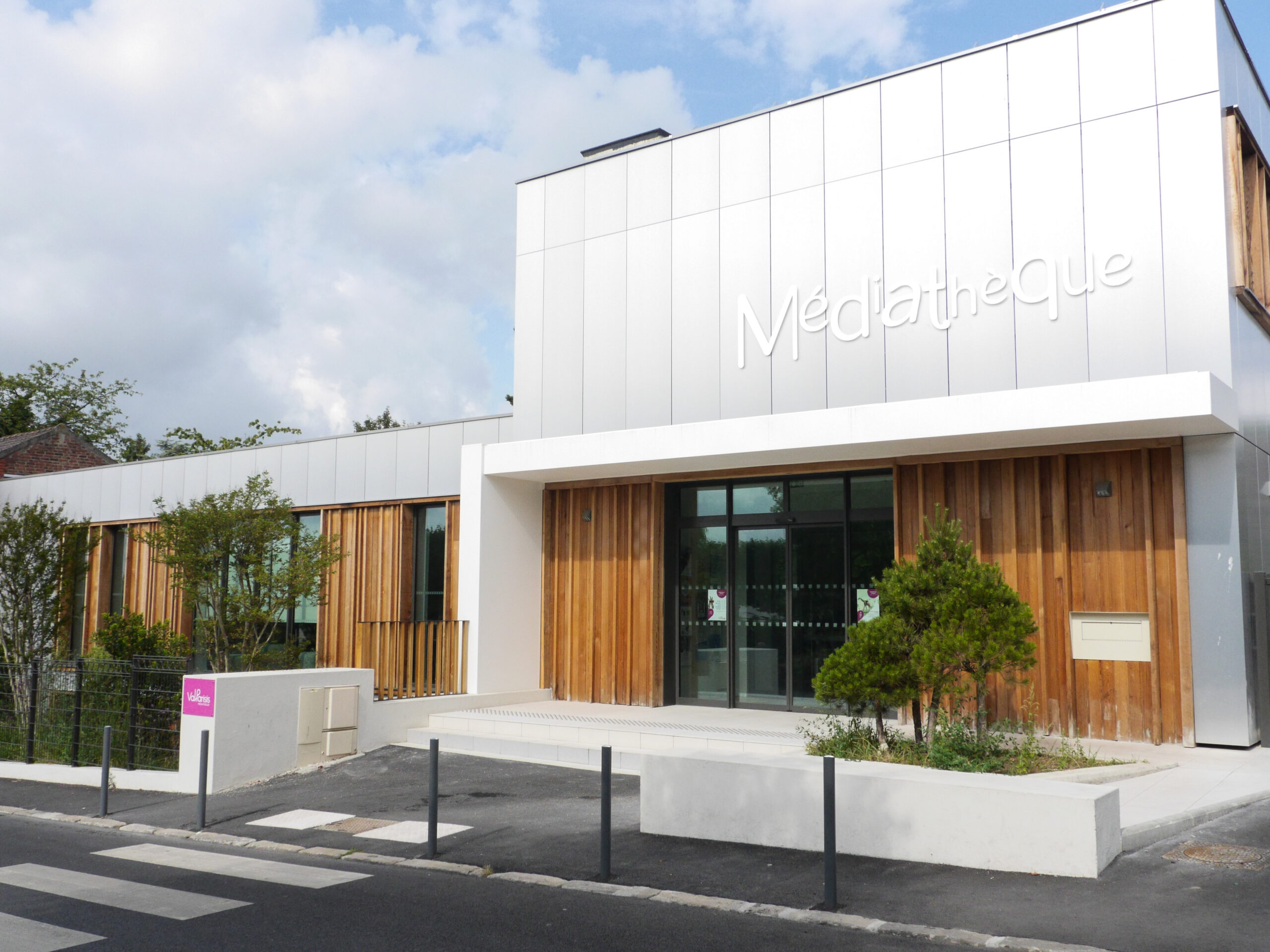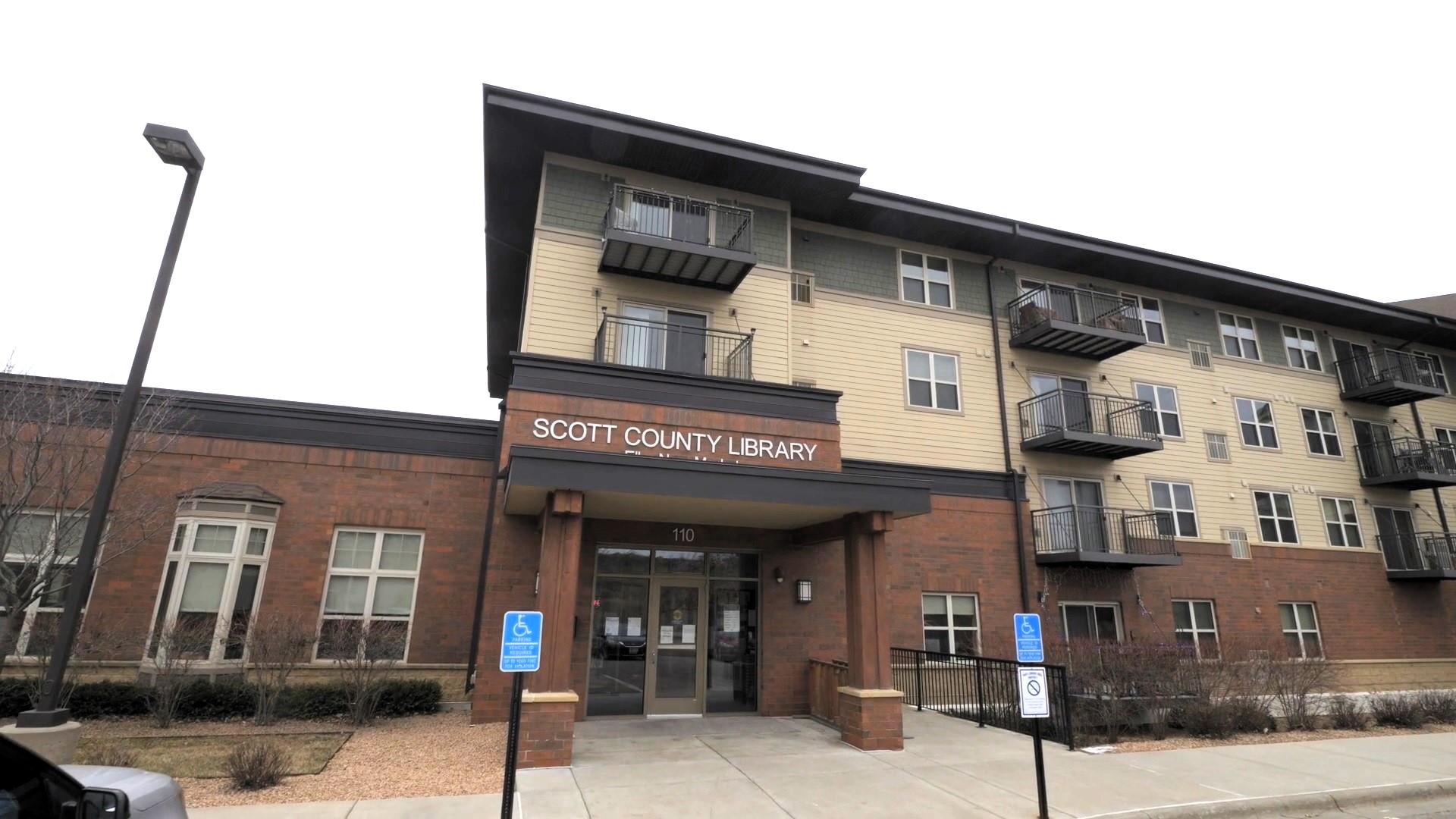
Challenge
Solution
Result
Park Ridge Public Library, located in a vibrant suburb fifteen miles northwest of Chicago, serves a community that enjoys a blend of big city living and small-town charm. With forest preserves, abundant shopping and dining, festivals, and plenty of other things to explore, the nearly 40,000 residents of Park Ridge top it all off by being avid users of their public library.
The library, in turn, never stops working to serve the community and uphold its mission to provide opportunities to connect, inform, innovate and grow. One of the many ways the library does this is by utilizing technology to make the library experience modern, consistent, and convenient for patrons. With that in mind, Park Ridge Public Library implemented Bibliotheca RFID technology to make the checkout and check-in experience fast, accurate, and even, as some patrons say, magical.
In late 2018, after more than a year of planning, Park Ridge Public Library went live with a suite of Bibliotheca solutions harnessing RFID technology to streamline circulation processes for staff and patrons alike. With RFID paving the way, they also installed five selfCheck 1000s, a 7-bin flex AMH sorter, and premium RFID security gates, all of which make it possible for library staff to achieve new levels of service.
Patron Services Manager Anastasia Rachmaciej speaks proudly of the strong support of Park Ridge residents for their library. “We have a very bright and busy community. We’re located uptown, so we’re around a lot of shops and restaurants, we have a lot of kids that come in after school, and we have a lot of avid readers. Sixty-eight percent of households in Park Ridge have a library card, which I think is really great. It just shows that the residents use the library. They also passed a referendum for us a few years ago to do a renovation. They have always been very supportive.”
With approximately 30,000 visitors a month, Park Ridge Public Library is always in motion and has a team that thrives on constant interactions with community members.
“It’s a great place to work and we love our patrons,” says Rachmaciej. “We have very dedicated staff—one person on my team has been here for 35 years. People enjoy working here and enjoy working with our patrons. This is just a really nice environment and we have a lot to offer. We have programming and materials for all different types of people, and all of our librarians really hone into their niche.”
Now that they utilize RFID technology, Rachmaciej says the efficiencies gained and time saved “helps staff develop other areas of service that’s more patron-based and customer-focused. Now, we offer library tours when we sign up someone for a new library card, and we’re able to do home deliveries, and we could never do that before.”

Before implementing RFID, staff checked-in every item twice to help reduce errors, which meant that they were going through the process upwards of 60,000 times a month, a practice that Rachmaciej says was physically hard on staff. With repetitive handling of materials and related tasks alleviated by the flex AMH, staff are now able to spend more time interacting with patrons. “It’s just really shifted the physical aspect of checking-in,” Rachmaciej says, “and opened us up to do more patron-focused social interactions.”
Knowing that RFID technology is a game-changing trend for libraries, the Park Ridge Public Library team investigated it and, after much thoughtful planning and dialogue with staff, decided to make the change.
Rachmaciej explains, “In the beginning, we made a list of every roadblock we could think of that would prevent someone from using the checkout station and we found a solution that would work. If they don’t have their library card, we’ll look them up at the desk and we’ll type in their card number for them. If they have a long overdue block, we’ll renew the item for them, and they can still check-out at the station. So, that was really big.”
“A key to our success, I think, was identifying those issues before we went live and making sure once we launched the checkout stations to the public that everything was as figured out as much as possible. And we started with beta testing during slower periods to make sure staff were available to stand there and help patrons. We made sure our checkout stations were attached to our desk in our lobby so we’re still there, we still make sure we greet every single person who comes in the door.”
As for the initial concerns of staff (and some patrons) that the checkout stations would lead to staff losing their jobs, Rachmaciej says those fears were quickly laid to rest. “No one lost their job because of this. Once staff saw how fast things could check out, you know, they came around. I think after reassuring staff that people weren’t going to lose their jobs, they thought, ‘okay, this isn’t as scary as we thought.”
“Staff were also worried about the customer service aspect. We’re very well-known for our customer service, and they thought this was going to impact how the patron experienced us, that they weren’t going to have a good experience. When we first went live, I had them record every comment from patrons, and feedback and perception was overwhelmingly positive, and I think that’s because we did so much planning beforehand. I think it’s really important that libraries implementing RFID don’t rush into it and they plan at least a year in advance for the transition.”

With 640,000 physical materials circulated in 2023, library staff are accustomed to scores of materials coming and going. Rachmaciej notes that RFID makes it much faster for them to catch up on the occasion that they are inundated. “Before, we would have carts piled up. You know, we don’t have a big team, we have about twelve people that work in circulation and we’re not all here at the same time. So, it’s really helped. And those circumstances when our ILS has been down for a little bit, it’s really easy to check things in.”
Three months after going live with their suite of Bibliotheca RFID products, they reached their goal of 90% use of their checkout stations. It’s still going strong: several years in, checkout station use is steady at 97%. “I’m really proud of our usage. I think 97% is amazing,” says Rachmaciej, emphasizing, “I think it’s important to share that you can utilize this and still keep your excellent customer service. It’s just a different way, it’s a different approach.”
Implementing RFID allows Park Ridge Public Library staff to whiz through, or eliminate, formerly time-consuming tasks, and have the gift of more time to engage with patrons and explore projects and programming for their community. With the time gained, staff are expanding a popular Global Neighbors program series focusing on traditions, arts, and cuisines of broad cultures; they now offer a Sensory-Friendly Hour with supports and activities for sensory-sensitive and neurodivergent patrons; they are launching a seed library, complete with a card catalog restored by an 8th grade Eagle Scout to store seed packets; and they operate a Media Lab for patrons to digitize and preserve photos as well as make movies, podcasts, and other digital creations; and The Studio, a collaborative makerspace featuring equipment to encourage exploration and design.
As for the magic? When Park Ridge Public Library implemented RFID, Rachmaciej says, “I remember the one thing that was a comment over and over and over again was, ‘Oh, it’s magic!’ You know because patrons don’t know how it works, all they know is they’re putting a stack of eight books on there and they see a light, the screen flashes green and sounds like boop boop boop and it’s all checked out in a second. And kids love it.”
You may also like
Insights + Trends

Val Parisis Media Library: A Metamorphosis with open+
Explore how Bibliotheca’s open+ technology is transforming library services in the Val Parisis area in France by extending operational hours and enhancing accessibility without additional staff.

Scott County Library: Transforming access with open+
Boosting Access: Scott County Libraries Extend Hours and Services for Community

Bibliotheca to unveil selfCheck 3000 and showcase ecosystem at PLA 2024
Discover Bibliotheca’s latest library solutions at the PLA Conference in Columbus, OH, on April 3-5, 2024. Explore our fully integrated library ecosystem and innovative new offerings designed to enhance your library experience. Join us at the event to see how Bibliotheca is shaping the future of libraries.

